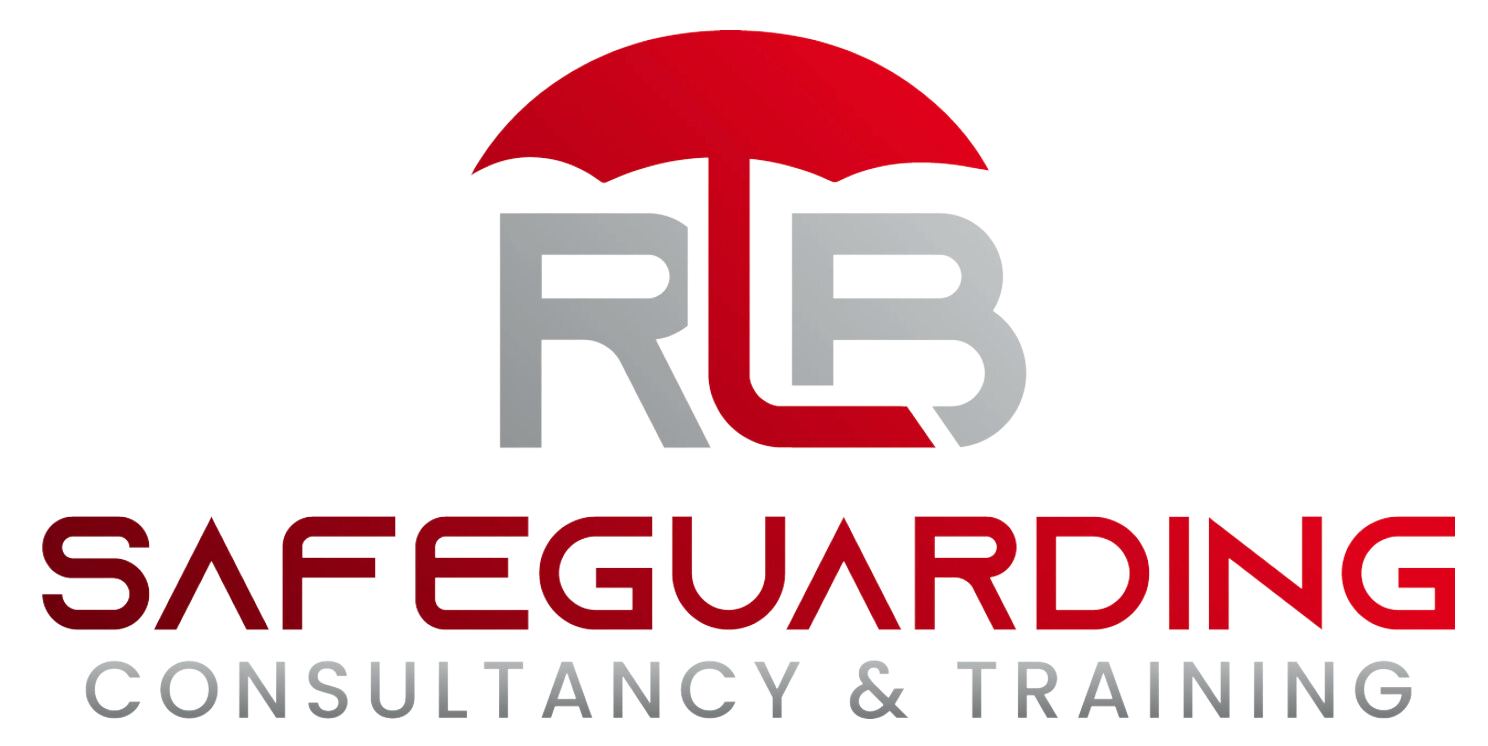Seasonal Safeguarding- Preparing for Christmas
Christmas can be a magical time for people, especially children, however this is not always the case for everyone, and it can bring about additional concerns and make some children and adults extremely vulnerable. Hidden harms may increase due to tensions and stresses and parental/adult issues may be magnified.
Many reports demonstrate that abuse may increase over the Christmas period and of course the festive season can also bring about additional safeguarding concerns. We know that abuse charities and helpline contacts increase significantly around this time of year as it may be an extremely challenging time for some as both children and adults may be exposed to more frequent abuse or issues such as loneliness and mental health concerns.
This blog will discuss some of the risks associated with seasonal safeguarding, some of the challenges for professionals, and how to prepare for the Christmas break.
Familial safeguarding issues to consider that children or adults at risk may experience during the Christmas period:
Being left at home alone or unsupervised.
Neglect and acts of omission.
Issues regarding care arrangements.
Being isolated from friends and peers/protective factors.
Family conflicts.
Sexual, physical, and emotional abuse.
Domestic abuse.
Additional parental/carer harms such as mental health, substance, and alcohol abuse.
Changes in routines and additional anxieties for those with disabilities or learning difficulties.
Step-parents, new partners, and stepsibling abuse.
Parents prioritising relationships over the children.
Bereavement.
Young carer responsibilities.
FGM and breast ironing.
Contextual safeguarding concerns to consider that children or adults at risk may experience during the Christmas period:
Bullying/cyber bullying.
People who go missing.
Gang violence.
Trafficking.
Child-on-child abuse.
Discriminatory abuse.
Technology- online abuse and digital risks.
Online challenges.
Sexual exploitation, harassment, or grooming- due to potentially spending excessive periods of time online.
Radicalisation or self-radicalisation- due to potentially spending excessive periods of time online.
Exposure to further unstable and mixed ideologies.
Criminal exploitation or abuse- due to potentially spending excessive periods of time in the community or around influential adults/peers.
Romance scams.
Fraud.
Harassment and abuse in workplace or party situations.
Physical safety concerns:
Toys that do not meet the appropriate safety requirements.
Being left alone unsupervised- home hazards and risks.
Fires due to electrical issues, smoking, untested fire alarms, Christmas decorations, lights, and candles.
Choking.
Dark evenings and walking about alone.
Sexual harassment or discrimination.
Fireworks and sparklers.
Children having access to alcohol/drugs and not understanding what they are doing.
Accidents when cooking and preparing food in the kitchen or at relatives or friends houses.
Spiking or drinking too much/drug use.
Stalking.
Self-harm and suicide.
Some challenges for professionals may include:
Not being aware of some vulnerabilities that exist when children or adults are away from the organisation.
Not having effective partnership working in place.
Being unable to engage the parents/carers or family members.
Nursery/School/college/University, service, and workplace closures.
Ineffective training for staff or ineffective safeguarding protocols.
Lack of support from services and increased waiting lists.
Lack of additional funding and cost increases.
Things for professionals and workplaces to consider in preparation for the Christmas break:
Educate parents, carers, service users and employees.
Ensure online safety settings and monitoring in place.
Reinforce the importance of accessing support early or independently if able.
Apply for grants or and ensuring people know where to access support such as food banks or emergency helplines.
Work with local foodbanks to make up Christmas hampers or local third sector parties to support with additional needs.
Be vigilant when recognising signs and symptoms of abuse, neglect, and exploitation.
Complete referrals at the earliest opportunity.
Update organisation/company websites with relevant support information.
Talk to students/service users/colleagues in advance about holiday periods.
Be understanding of cultural issues and how intersectionality can increase risk.
Ensure both children and adults know how to raise concerns and who they can talk to.
Ensure staff are logging and recording concerns in the run up to the Christmas break as they occur and discussing with Designated Safeguarding Lead in a timely manner.
Observe and record changes in behaviour- anxieties, outbursts, low mood etc.
Be explicit about what support can be accessed or not if organisation/workplace closures are in place.
Remind people to contact services if they have concerns about a child or adult, or themselves.
Ensure partnerships, local links and referral routes are clear and in place.
Things to consider following the Christmas break:
Be mindful of people’s feelings, values, and experiences when discussing the Christmas break.
Be vigilant of signs and symptoms that people may display or what may be heard.
Be both proactive and reactive to disclosures of abuse or concerns.
Be prepared for a potential increase in disclosures after the return.
Be aware of how to listen to disclosures and to ensure the person does not feel judged, not believed, or unsupported.
Discuss concerns with the DSL at the earliest opportunity.
Make the appropriate referrals in a timely manner.
Ensure supportive and therapeutic interventions are in place, particularly if there are long waiting lists for support.
It is important to protect the wellbeing of all colleagues as they may have to deal with some increasingly difficult or challenging circumstances. So, are you prepared for the holiday season? Are you thinking #seasonalsafeguarding planning and risk management? If not, now is a great time to start!
